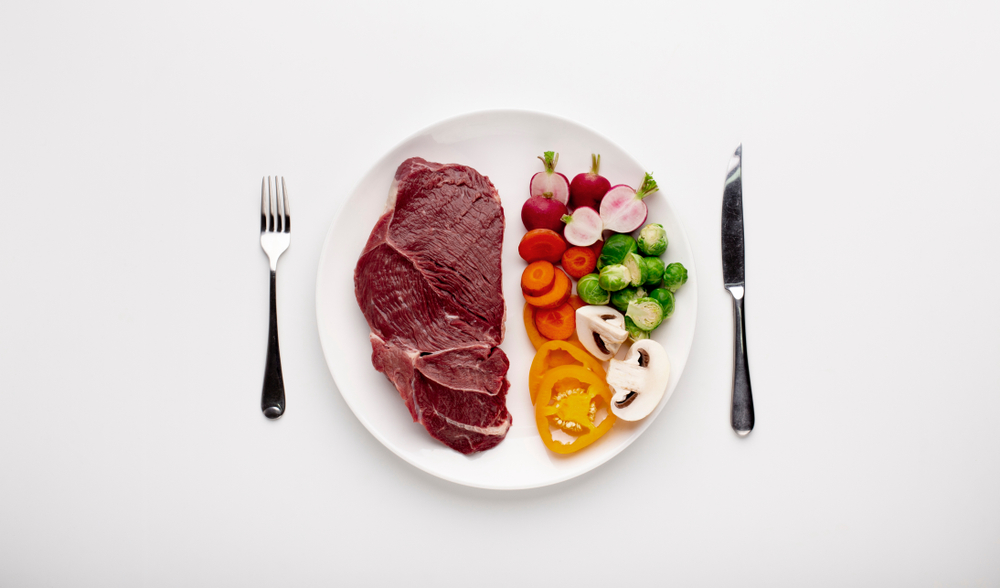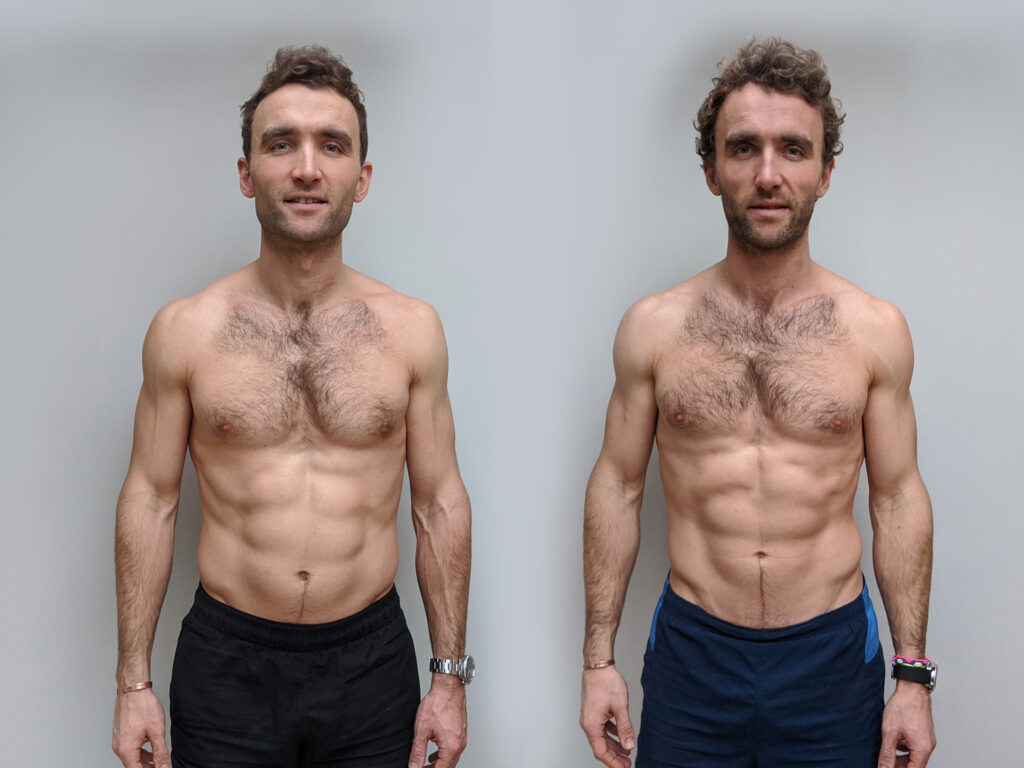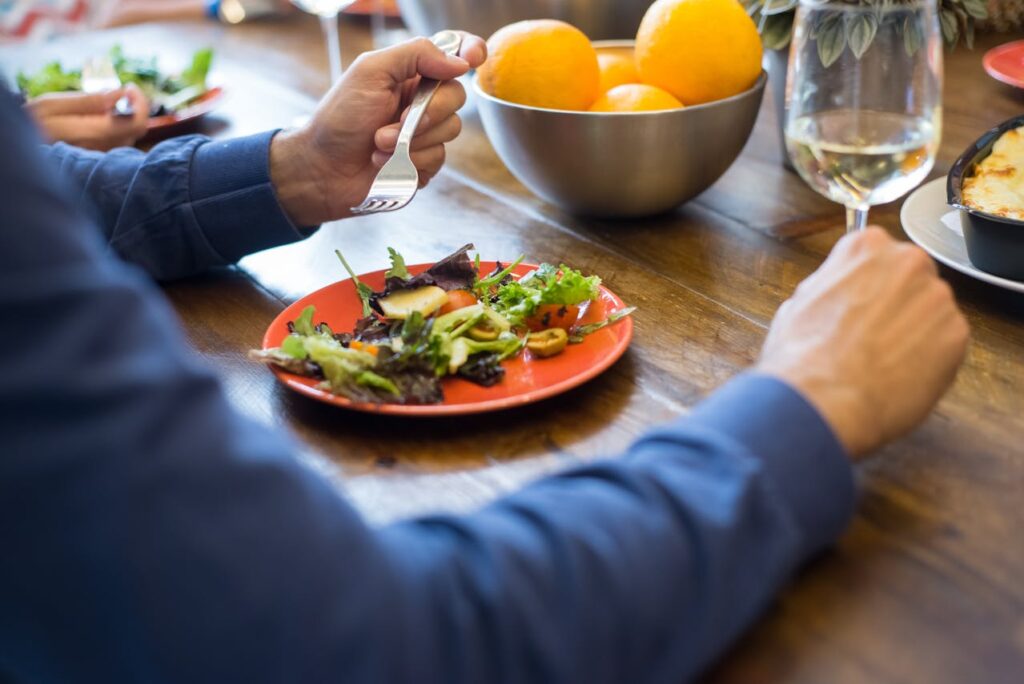One Went Vegan, One Ate Meat: The Surprising Results of a Twin Experiment

When identical twins Ross and Hugo Turner set out to find out how diet shapes the human body, they never imagined how transformative the journey would be. Known for their adventurous spirit and scientific curiosity, the Turner Twins decided to turn themselves into a living experiment, each committing to drastically different diets for 12 weeks. Their mission was simple yet profound: to understand how what we eat can truly change who we are, from the inside out.
At the heart of their decision was a curiosity that had followed them for years. They had always been fascinated by how lifestyle choices could impact identical genetics, and after years of global expeditions, they wanted to explore the frontiers of health from a deeply personal perspective. This experiment was not just about food; it was about identity, mindset, and discovery. They wanted to challenge the assumptions surrounding diet culture and provide real, measurable insights that could help others make better nutritional choices.
The brothers meticulously prepared for the project, consulting dietitians, doctors, and researchers to design an experiment that would be both ethical and scientifically valid. Their attention to detail ensured that their journey was about more than headlines. It was a sincere exploration into the science of wellness, a study designed to illuminate how two identical bodies could evolve differently when fed contrasting sources of nourishment. The anticipation before the start was immense, as they knew they were about to put their bodies under an unprecedented form of scrutiny.

Setting up the Ultimate Experiment
Ross and Hugo are no strangers to pushing limits. The British twins have a reputation for embarking on extreme adventures, including climbing Mount Elbrus and crossing Greenland’s polar ice caps. But this time, they decided to explore a different frontier: their own physiology.
For 12 weeks, the brothers teamed up with nutritionists and researchers from King’s College London to ensure the results were both scientific and safe. Hugo adopted a vegan diet, eliminating all animal products, while Ross followed an omnivorous diet rich in meat, dairy, and eggs. Both consumed the same number of calories and trained together under identical fitness programs to ensure a fair comparison.
Their shared goal was to track differences in energy, muscle gain, fat loss, mood, and overall health. Every aspect of their routine was carefully monitored, from blood glucose levels to gut bacteria diversity. It was an experiment that merged science with self-discovery, and it soon became one of the most interesting nutritional comparisons ever attempted.
The Early Weeks: Adapting to Change
The first few weeks of the experiment were not easy for either twin. Hugo, on the vegan diet, faced an initial drop in energy as his body adapted to the absence of animal protein. He had to learn how to combine plant-based foods to ensure he was getting all the necessary amino acids and micronutrients. Legumes, tofu, quinoa, and leafy greens became his staples.
Ross, meanwhile, found comfort in the familiarity of his meat-inclusive meals but struggled with feelings of heaviness and occasional sluggishness. While his protein intake was easier to maintain, balancing fiber and nutrient diversity became a challenge.
Despite these early hurdles, both brothers remained committed. By week four, Hugo noticed his energy stabilizing, his digestion improving, and his skin appearing clearer. Ross observed an increase in strength during workouts but also experienced slight fluctuations in cholesterol and blood sugar levels. Each began to realize that diet is not just about fuel but about how our bodies communicate and adapt to change.

Measuring the Results: The Science Behind the Transformation
By the end of the 12 weeks, the Turner Twins had collected a wealth of data. The findings were as enlightening as they were surprising.
According to their medical team, Hugo’s vegan diet led to a significant improvement in gut microbiome diversity. His body showed a better ability to regulate blood sugar levels, and he reported feeling lighter, with fewer energy crashes throughout the day. However, he also lost a small amount of muscle mass despite consistent strength training, suggesting that maintaining muscle can be slightly more challenging on a plant-based diet.
Ross’s results painted a different picture. His omnivorous diet contributed to faster muscle gain and greater physical strength, but his cholesterol levels rose slightly, and his gut bacteria diversity decreased. He reported more sustained energy for intense workouts but also noticed occasional dips in overall energy between meals.
These measurable differences highlighted that diet is not a one-size-fits-all approach. While both brothers experienced benefits, each diet carried its own trade-offs. The vegan diet supported better digestion and long-term heart health, while the meat-inclusive diet offered more rapid physical gains and short-term power.

Lessons Learned: It Is Not Just About Meat or Plants
What made the Turner Twins’ experiment so compelling was not which diet won but what they learned about balance. Both came to appreciate the strengths of each approach. Hugo acknowledged the mental clarity and digestive improvements of his plant-based journey, while Ross gained respect for the ethical and environmental reasoning behind veganism.
They discovered that awareness was the key. By mindfully tracking their nutrition and listening to their bodies, they were able to make more informed choices about what worked best for them. The experiment taught them that optimal health is not about extremes but about personalization and understanding.
According to the twins, the most profound realization was that food is more than sustenance. It shapes mood, performance, and mindset. Whether you eat meat or not, the real transformation comes from how intentional you are about what goes on your plate.
Beyond the Lab: Inspiring Others to Think Differently About Diet
After completing the study, the Turner Twins shared their journey with the world, hoping to inspire others to explore the connection between food and health. Their message resonated globally, particularly among those seeking to understand how diet influences fitness and longevity.
The brothers emphasized that their experiment was not about declaring a winner but about expanding awareness. They encouraged people to experiment safely with their diets, perhaps by trying a plant-based week or incorporating more whole foods into their meals.
Their story also sparked broader conversations about sustainability and the future of food. With climate change and global health challenges at the forefront, their findings added nuance to ongoing debates about meat consumption and plant-based living. Instead of dividing people, their approach invited unity through curiosity and understanding.

The Power of Conscious Living
In the end, the Turner Twins’ experiment stands as a powerful reminder that we have more control over our well-being than we think. What we eat, how we move, and how we care for our bodies all intersect in ways that science continues to uncover.
Their journey was not about proving superiority but about proving possibility. Through discipline, openness, and a willingness to learn, they showed that anyone can make meaningful changes to their health.
Whether inspired to go vegan, eat more mindfully, or simply question old habits, readers of their story are left with one undeniable truth: transformation begins with awareness. The Turner Twins’ experiment may have started as a dietary challenge, but it ended as a lesson in human potential and the art of balance.
Featured Image Credit: Courtesy of Prostock-studio | Shutterstock
Loading...

